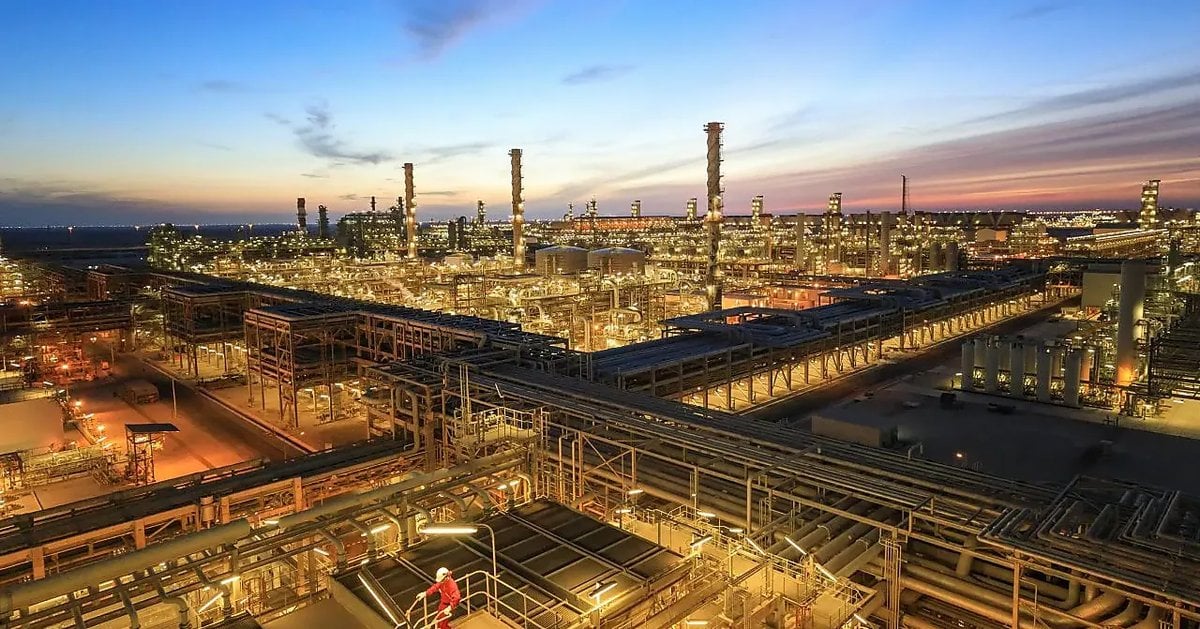Green Beauty Revolution: Shell's Radical Transformation of Cosmetics Production

Shell's innovative Gas-to-Liquid (GTL) technology is revolutionizing the cosmetics industry by introducing a groundbreaking range of synthetic fluids. These cutting-edge ingredients offer manufacturers a more sustainable and environmentally conscious alternative to traditional chemical components. By transforming natural gas into high-performance, ultra-pure synthetic fluids, Shell is paving the way for greener beauty products that don't compromise on quality or performance.
The advanced GTL-derived synthetic fluids provide cosmetic formulators with exceptional purity and versatility. These innovative ingredients can be seamlessly integrated into various skincare, haircare, and personal care products, delivering enhanced texture, stability, and sensory experiences. As the beauty industry continues to prioritize sustainability, Shell's breakthrough technology represents a significant step towards more eco-friendly and responsible product development.
With these state-of-the-art synthetic fluids, cosmetics manufacturers can now create products that not only meet the highest performance standards but also align with growing consumer demands for environmentally sustainable beauty solutions.
